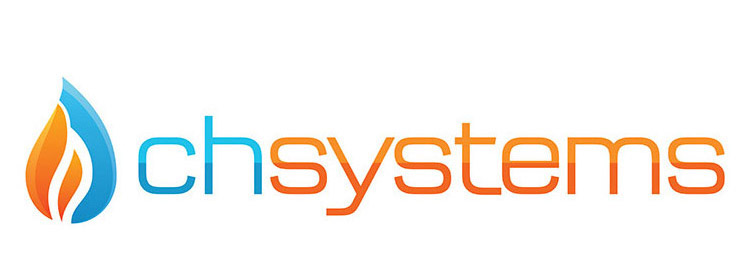Government advice on ventilation in the workplace during coronavirus outbreak
With lockdown easing and the workplace adjusting to a new version of normal, offices that have managed to open back up for employees are doing so under the guidance of government. There are social distancing restrictions still in place at work, as well as procedures around movement in and around the office, hygiene and hand sanitisers, and the sharing of office equipment and lunch stations.
Good ventilation can help reduce the risk of spreading coronavirus. Businesses were already required by law to ensure adequate supply of fresh air in the workplace – this continues to be the case. Considering ways to maintain and increase the supply of fresh air, for example, by opening windows and doors (unless fire doors) is of paramount importance during the current coronavirus outbreak, as it was before the pandemic.
The risk of air conditioning spreading coronavirus in the workplace is extremely low as long as there is an adequate supply of fresh air and ventilation.
The government advises that the continued use of most types of air conditioning systems is fine but if you use a centralised ventilations system that removes and circulates air to different rooms it is recommended that you turn off recirculation and use a fresh air supply.
The government also advises that air conditioning systems that mix some of the extracted air with fresh air and return it to the room do not need to be adjusted, as this increases the fresh air ventilation rate. Also, systems in individual rooms or portable units do not need to be adjusted as these operate on 100 per cent recirculation. You should still, however, maintain a good supply of fresh air ventilation in the room.
Ultimately, the focus should be on improving general ventilation, preferably through fresh air or mechanical systems.
All government advice and guidelines can be found on hse.gov.uk and if you’re unsure, ask the advice of your heating ventilation and air conditioning (HVAC) engineer or adviser.
For all your energy related questions, feel free to contact the CH Systems team on 0208 302 8149 or info@chsystems.cc.


